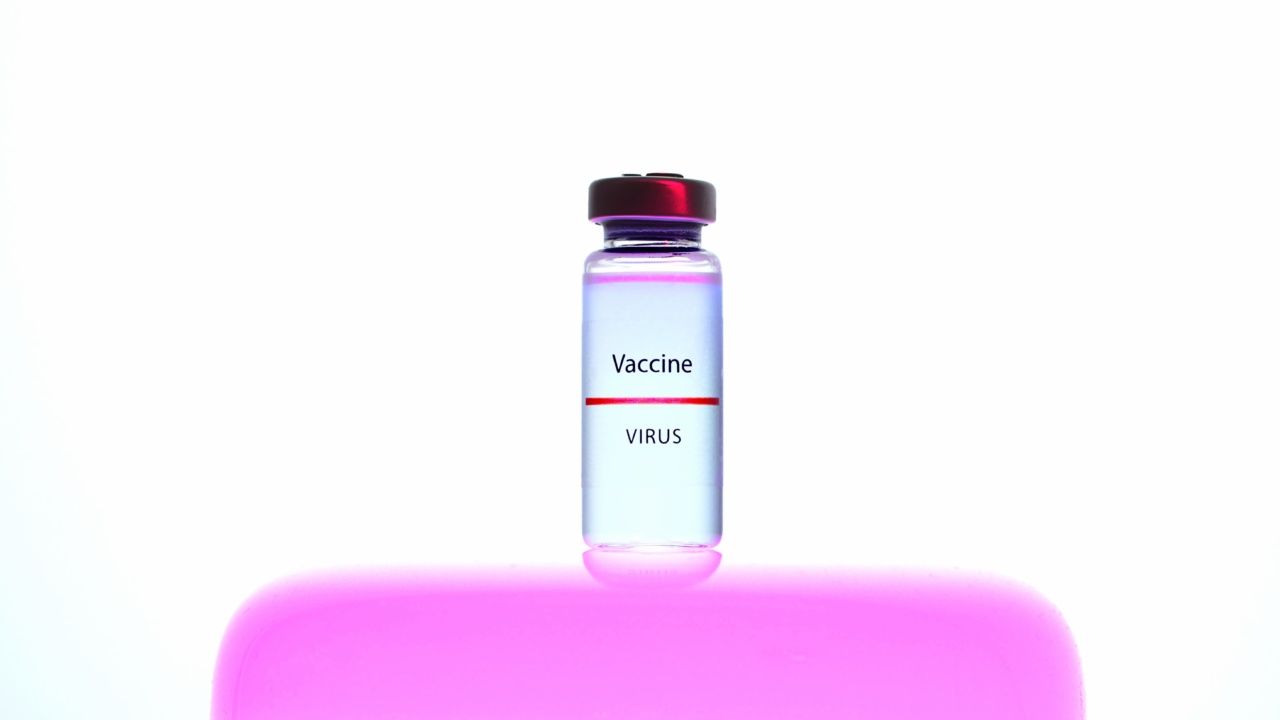As people age, their bodies go through both external and internal changes. The most visible change is the appearance of wrinkles on the skin, but the most concerning changes are internal.
Aging increases the risk of developing age-related diseases such as cancer, heart disease, and Alzheimer’s disease. Scientists and researchers have been searching for a way to prevent these diseases for decades. Recently, there has been a major breakthrough in the development of an anti-aging drug that could prevent three deadly diseases.
What is the Revolutionary Anti-Aging Drug?
According to a study that was published in the journal Nature, scientists have developed an anti-aging drug called “Rapamycin.” Rapamycin is a protein that reduces the aging process and age-related diseases.
Researchers found that Rapamycin affects the pathway mTOR, which is responsible for cell growth, proliferation, and aging. By inhibiting mTOR pathway, Rapamycin can prevent diseases that are associated with aging.
How Does Rapamycin Prevent Diseases?
Rapamycin works by inhibiting the mTOR pathway. When the activity of mTOR pathway is reduced, the cells in the body are able to repair themselves better. The cell’s ability to repair itself decreases as a person ages.
This makes them more susceptible to diseases such as cancer, heart disease, and Alzheimer’s disease. But with Rapamycin, the cells are able to repair themselves with more efficiency, reducing the risk of developing these diseases. Rapamycin also activates autophagy, which is the process by which cells remove damaged components and recycle them.
Preventing Cancer with Rapamycin
Cancer is the most common age-related disease in the world. Cancer cells grow and divide faster than normal cells, leading to the development of a tumor. By inhibiting the mTOR pathway, Rapamycin reduces the speed at which cancer cells grow.
This makes it harder for the tumor to grow and develop. Rapamycin also triggers autophagy, which causes cancer cells to self-destruct.
Preventing Heart Disease with Rapamycin
Heart disease is another common age-related disease. As people age, their blood vessels become stiffer and less flexible. This increases the risk of developing heart disease.
Rapamycin has been shown to reduce stiffness in the blood vessels, leading to better blood flow to the heart. This reduces the risk of heart disease.
Preventing Alzheimer’s Disease with Rapamycin
Alzheimer’s disease is a degenerative disease that affects the brain. The brain cells of Alzheimer’s patients die, leading to cognitive decline.
While the exact cause of Alzheimer’s disease is unknown, there is a correlation between the disease and the mTOR pathway. By inhibiting the mTOR pathway, Rapamycin can reduce the risk of developing Alzheimer’s disease. Rapamycin can also improve memory and cognitive function in people who already have Alzheimer’s disease.
Should Everyone Take Rapamycin?
While Rapamycin is an exciting development in anti-aging and disease prevention, it is not a magic pill. Rapamycin can have side effects, including diarrhea, nausea, and an increased risk of infections.
It is not recommended for everyone to take Rapamycin without a doctor’s supervision. People who are immunocompromised or taking immunosuppressive drugs should not take Rapamycin.
Conclusion
Researchers have finally developed an anti-aging drug that could prevent three deadly diseases: cancer, heart disease, and Alzheimer’s disease.
Rapamycin inhibits the mTOR pathway, which causes cells to repair themselves better and trigger autophagy. Rapamycin reduces the growth rate of cancer cells, increases blood flow to the heart, and reduces the risk of developing Alzheimer’s disease.
However, it is important to note that Rapamycin has side effects and should not be taken without a doctor’s supervision.

























